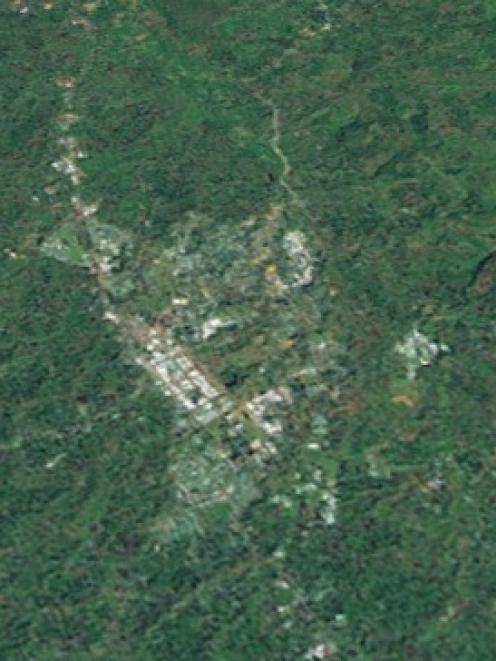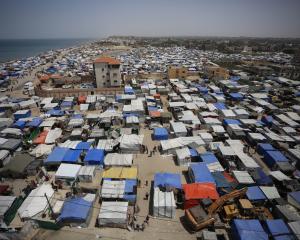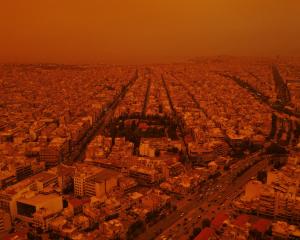
The 20-year-old mother of one was murdered on Wednesday after being stripped naked, tortured with a hot iron rod, bound, doused in petrol, and set on fire on a rubbish heap in the Western Highlands capital of Mt Hagen.
Police say she was accused of sorcery by relatives of a six-year-old boy who died in Mt Hagen hospital the day before.
"No-one commits such a despicable act in the society that all of us, including Kepari, belong to," Prime Minister Peter O'Neill said in a statement.
"Barbaric killings connected with alleged sorcery. Violence against women because of this belief that sorcery kills. These are becoming all too common in certain parts of the country.
"It is reprehensible that women, the old and the weak in our society should be targeted for alleged sorcery or wrongs that they actually have nothing to do with."
Mr O'Neill said he had instructed police to use all available manpower to bring the killers to justice.
Australia's high commissioner and the US embassy also condemned the murder.
"We join the US embassy and the PNG government in condemning this murder and join all reasonable Papua New Guineans in looking forward to the perpetrators being brought to justice," High Commissioner Ian Kemish said.
Earlier, the US embassy in Port Moresby issued a statement condemning the murder and calling for a sustained international partnership to enhance anti-gender-based violence laws throughout the Pacific.
Reports in the local press say police tried to stop the killing, but were chased off by the crowd.
Police spokesman Domininc Kakas told AAP frequent sorcery-related killings could only be tackled with a co-ordinated effort from government, police and NGOs.
"It's an ongoing problem and has been in the spotlight for some time now," he said.
"We need an outlet or avenue to address sorcery allegations. People believe it's something that exists, but it's a crime. People will have to be arrested. It's a crime."
Both of PNG's daily national newspapers carried the story on their front pages with the headline "Burnt Alive" accompanied by a picture of a burning mass on a rubbish heap surrounded by a crowd of onlookers - including children.
In the picture, amid the smoke and the flame, burning tyres could be seen, along with people taking pictures on their mobile phones.
Both the Post Courier and The National newspapers reported Ms Leniata, from Enga Province, was one of three women accused of sorcery and interrogated by the attackers.
Belief in sorcery is still widespread in rural PNG - where distinctions are made between good and bad magic.
PNG's sorcery act dates back to before 1975, when the nation was a colony of Australia.
The law acknowledges the widespread belief in sorcery and tries to regulate it; however, the courts have increasingly backed away from sorcery cases.
The UN's special rapporteur on violence against women, Rashida Manjoo, in March last year gave a blistering assessment of the treatment of women in PNG, finding two-thirds of females in relationships have experienced domestic violence.
Ms Manjoo said sorcery allegations were usually used as a way of depriving women of land and property, while misfortune or death were used as a reason for the accusation.
"I was informed that sorcery-related violence is commonly perpetrated by young men or boys who act under orders for other members in the community," Ms Manjoo told the BBC at the time.
"They commonly do so under the influence of drugs or alcohol, which is provided by such persons."












